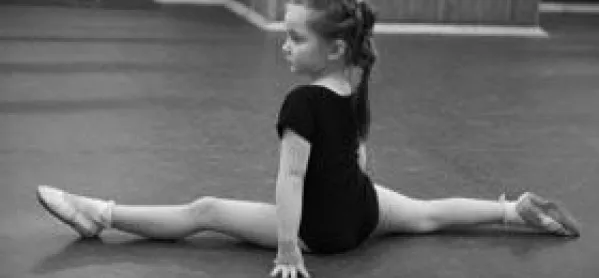Middle-class parents are increasingly using private educational services to turn their offspring into “Renaissance children”, endowed with skills in the arts, social graces, sport and other areas of learning.
This greater dependence on bought-in services means that state schools can make even less impact on the attainment gap between the haves and have- nots, according to one of the country’s leading educational sociologists.
If anything, the social inequality gap is growing, particularly in England, fuelled in part by government-led initiatives which allow the middle-classes to gain advantage over working-class families, Stephen Ball, a professor of sociology of education at the University of London, believes. “If we want to understand and explain persistent education inequalities, the school is the wrong place to look and the wrong place to reform, at least in isolation from other parts of society,” he said.
Giving the faculty of education annual open lecture at Strathclyde University, he quoted research by a colleague at London University’s Institute of Education, Dylan Wiliam, which suggested that 93 per cent of the variability in secondary school GCSE grades had nothing to do with the school.
The gap in attainment is attributable to the greater access by the middle classes to educational opportunities outside formal schooling - “enrichment activities” as varied as ballet classes, music lessons, Kumon maths classes, tennis coaching and private tuition in other areas, Professor Ball suggests.
“Parents now operate increasingly in a market of educational services. It is no longer a matter of choice and competition between institutions, but between goods, services and routes publicly and privately provided,” he said.
Forms of tutoring had grown exponentially in Scotland and England over the last 10 years, alongside a similar growth in specialist childhood and parenting magazines which thrived on parents’ anxieties and led them to lose trust in their own skills and intuition.
“Educational services are provided no differently to other goods and services marketed generally to families. This encourages the view that a good school and good teachers are no longer good enough,” he said.
Sainsbury’s supermarket chain provided private tuition classes at some stores. In Scotland, there were 27 Kumon centres to raise attainment in maths and 28 Kip McGrath centres specialising in private tuition for children with special needs, Professor Ball said.
The use of these enrichment activities was limited almost entirely to middle-class parents who were, consciously or subconsciously, motivated by a “fear of falling” into a lower social position, he suggested.
While the credit crunch was reducing the affordability of private schools for some, he predicted that the middle-classes might invest even more in bought-in education services “as a guarantee against increased competition in the labour market”.
What was needed in the UK was a greater recognition that “what we understand as the abilities of children are not essentially characteristics and not fixed at a particular point of time”. The Government needed to promote a shift from a preoccupation with individual success and failure towards a greater focus on the common good of society, said Professor Ball.
